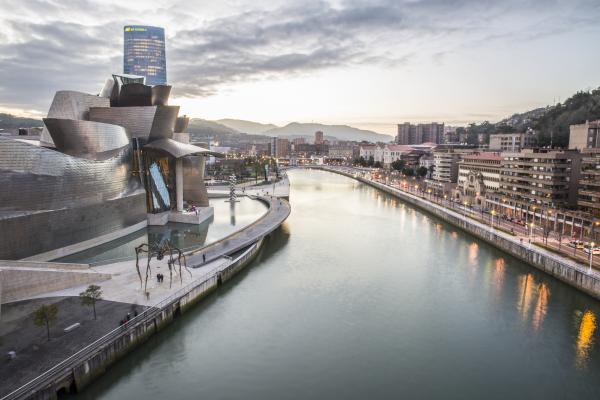
Urban experiments boosting digital skills
Here, discover inspiring Urban Innovative Action (UIA) projects launched by EU cities working with local partners to bridge the digital skills divide, making communities more inclusive and competitive along their digital transition journey.
These experiments demonstrate the importance of EU Cohesion Policy support in ensuring that European cities effectively address digitalisation and the digital skills gap, to create more inclusive and digitally competent urban environments across the EU.
But first, how big is the digital skills gap – and why should cities help close it?
Europe’s skills challenge is enormous: over 40% of adults, and 37% of workers, still lack basic digital skills, according to the EU Digital Economy and Society Index. Competitive organisations require workforces to evolve in line with rapidly emerging technologies, while city-level civil servants need to oversee digital service development to benefit everybody.
With advantages and risks of the digital shift varying greatly across Europe, EU Cohesion Policy aims to ensure no one is left behind. This includes support for innovation and entrepreneurship, smart specialisation strategies and digital innovation hubs, as well as investments in digital infrastructure, and initiatives to improve digital skills training.
“Large cities tend to be at the forefront of digitalisation due to higher demand for more complex services and interactions, and their greater capacity to develop and provide those services. The main factors constraining the digital transition of cities are lack of funds and lack of skills”, states the Urban Agenda of the EU partnership on digital transition (2018 action plan). Variation in digital skills across the EU remains a challenge, complicated by factors such as ageing and shrinking cities.
In short, towns and cities, wherever they are, can only become more productive, smart and connected if people have the right skills for quality jobs, and companies can recruit necessary talents. So, what can urban authorities do to support digital skills development and retain talent? These Innovative Actions projects Bilbao and Växjö go some way towards improving digital skills, a vital step for city authorities in improving lives, supporting urban resilience, and promoting social and environmental sustainability.
Developing digital talent to support future manufacturing needs – Bilbao, Spain
The post-industrial city of Bilbao launched UIA project AS-FABRIK to increase competitiveness in the city’s advanced services sector, and meet new digital demands in manufacturing – a sector that comprises 161 000 companies and more than 800 thousand workers.
Bilbao City council formed strategic alliances with key partners including local policy makers and policy experts, universities, Knowledge intensive Business Services (KIBS) providers, entrepreneurs, and the Basque industrial sector.
This public-private collaboration ecosystem positioned Bilbao as a territory specialised in the development of digital manufacturing solutions. Six start-ups have been created, as well as six new services by KIBs companies from Bilbao. The project helped encourage students, entrepreneurs and professionals to work in KIBS, creating at least 120 specialised jobs and supporting manufacturers with advanced technological and professional knowledge. Actions included creating:
- specialised courses, attended by more than 450 industrial professionals; and 35 new partnership and educational agreements ;
- new business models covering industry demands and specialised start-up support, mentoring 36 entrepreneurial ventures so far;
- and a Fab Lab to design and create products supporting digital manufacturing solutions.
While the UIA project closed in 2020, the AS-FABRIK Building remains an energetic innovation hub for industry, education, advanced services, experimentation and incubation, sparking many nearby projects involving digital economy, smart specialization and KIBS –and contributing to the local area’s redevelopment. Mondragon University’s Luis Berasategi describes it as “the newest part of the expanding entrepreneurship ecosystem in Bilbao”.